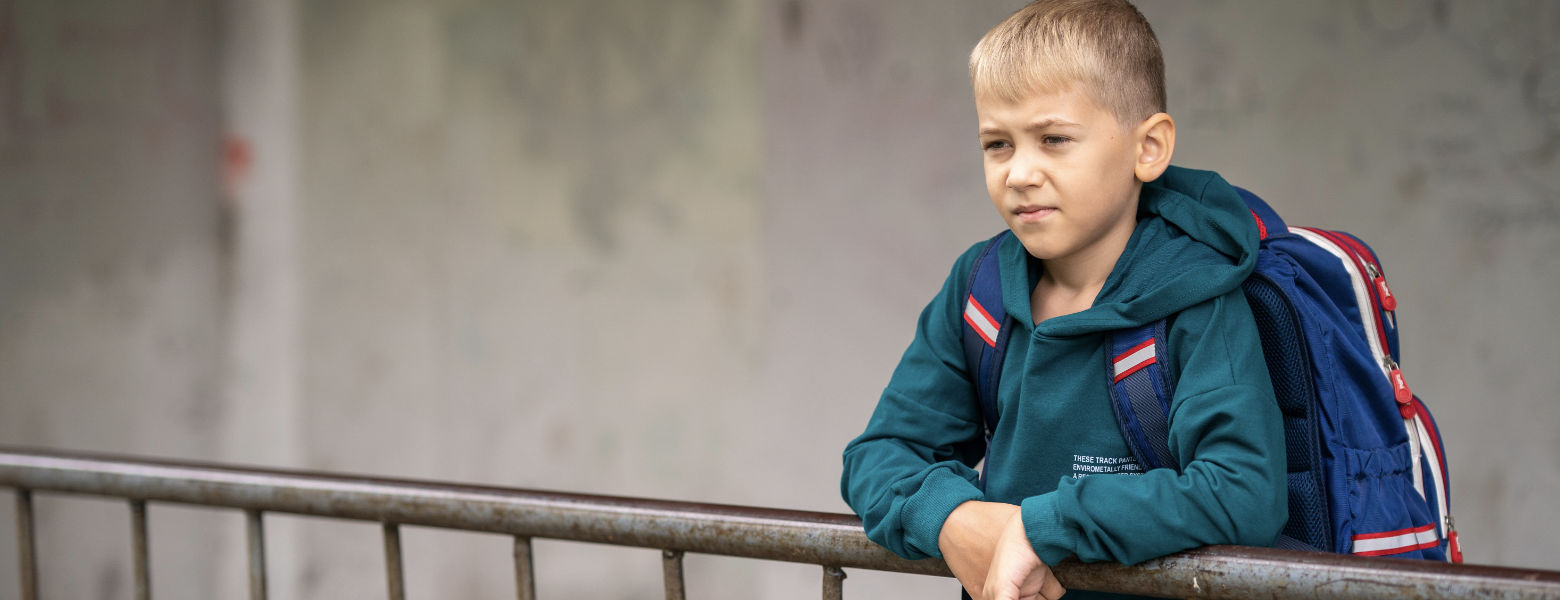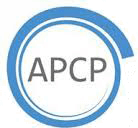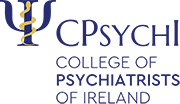In recent years, a new trend has quietly surged across TikTok under the hashtag “#SkinnyTok.” It is, at first glance, seemingly innocuous: videos about healthy eating, gym routines, or weight loss tips. But beneath the surface, this digital trend has become a harmful echo chamber promoting restrictive eating, calorie obsession, and dangerously thin body ideals—particularly to teenage girls.
In Ireland, clinicians and parents alike are raising alarm bells. Reports indicate a rise in eating disorders, especially anorexia nervosa and atypical anorexia, among young people who are exposed daily to toxic messages online. Despite longstanding promises to expand services, Ireland still has only three public inpatient beds for eating disorder treatment—and no dedicated public inpatient beds for children.
This article examines the growing influence of social media on youth body image in Ireland, the widening treatment gap, and the systemic changes urgently required to protect vulnerable populations.
The Rise of “SkinnyTok”: What Is It?
“SkinnyTok” refers to a cluster of TikTok hashtags and content themes that glorify extreme thinness and weight loss. These videos often include:
- “What I eat in a day” routines that showcase dangerously low calorie intake
- Body-checking clips emphasising thin legs, ribs, and collarbones
- “Before and after” transformation stories celebrating rapid weight loss
- ‘Thinspo’ content styled as motivational but rooted in harmful ideals
While TikTok officially bans pro-eating disorder content, the platform’s algorithm often serves more of the same once a user engages with one such post. Even users who follow fitness or “wellness” content innocently may find themselves funneled into increasingly disordered territory.
A 2024 study by the Royal College of Psychiatrists found that teens who viewed this kind of content for as little as 10 minutes a day had higher levels of body dissatisfaction and disordered eating behaviours.
The Irish Context: Rising Referrals, Limited Beds
In Ireland, referrals for eating disorders among teenagers have risen significantly since the pandemic. According to the HSE, referrals to eating disorder services have nearly doubled since 2019, particularly among girls aged 12 to 18.
Despite this, Ireland remains critically under-resourced:
- Only three public inpatient beds exist for eating disorders, all for adults.
- There are zero dedicated public inpatient beds for adolescents.
- The planned 20-bed national eating disorder service, promised in 2018, has still not been delivered.
- Families are often told they’ll have to go abroad—or pay thousands for private inpatient care.
In many cases, teens become so physically unwell that they are admitted to general paediatric wards, where there is no specialist psychological input and staff lack training in managing refeeding syndrome or compulsive behaviours.
Stories from the Frontline
One parent, speaking anonymously to The Times, described how their 14-year-old daughter began dieting innocently during lockdown after watching fitness influencers on TikTok. “By the time we realised how serious it was, she’d dropped 10kg in six weeks and was hiding food in her pockets. Our GP referred her, but we were told CAMHS had a six-month waiting list. We ended up in A&E twice because she collapsed.”
Clinicians confirm this pattern is increasingly common. According to one HSE eating disorder specialist, “The illness develops faster now. Social media accelerates the decline—what used to take months can now happen in weeks.”
Dr. Becky Spelman: “We Cannot Outsource Mental Health to Algorithms”
Psychologist Dr. Becky Spelman notes that these trends are not unique to Ireland but are exacerbated by the country’s lack of early intervention systems. “When vulnerable teens are spending hours online, unfiltered by any critical adult support, they’re absorbing dangerous messages unchecked,” she explains. “We cannot outsource mental health to algorithms. Platforms like TikTok were designed to hold attention, not protect wellbeing—and the results speak for themselves.”
Dr. Spelman emphasises that Ireland needs both digital regulation and a complete rethink of how eating disorders are treated within the public health system. “These are not niche cases. Eating disorders have the highest mortality rate of any mental illness. And right now, we’re leaving too many families to face that risk alone.”
The Service Gap: Promises vs. Reality
The HSE’s Model of Care for Eating Disorders, published in 2018, envisioned:
- A national network of eating disorder hubs
- 16 community-based teams
- 20 inpatient beds with full multidisciplinary staff
- Consistent training across acute hospital wards
Yet, six years later, only six teams are partially operational, and the inpatient beds remain largely undelivered.
Meanwhile, many CAMHS teams—already overwhelmed by ADHD, autism, depression, and anxiety cases—lack staff with eating disorder experience. Dietitians are also in short supply across Ireland, and many parents report being handed leaflets rather than being guided through the complexities of meal planning, safety monitoring, or relapse prevention.
The Role of Schools and Early Intervention
Given the delays in accessing formal services, schools are increasingly being looked to as the first line of defence. But most teachers receive no training in recognising early signs of disordered eating.
The National Parents Council has called for:
- Annual body image and digital literacy workshops in secondary schools
- Appointment of in-school mental health officers
- Availability of school-based counselling for at-risk pupils
Pilot programmes in the UK and Australia have shown that classroom-based interventions focusing on media literacy and emotional resilience can significantly reduce disordered eating patterns and body dissatisfaction.
Ireland has yet to implement such approaches at scale.
The Influence of Culture and Gender
While eating disorders can affect people of all genders, 90% of Irish referrals are for girls aged 12–19. Clinicians note an increase in “atypical anorexia”—where a person may lose a significant amount of weight and still be classified as having a “normal” or “overweight” BMI. These individuals are often overlooked despite suffering the same psychological and medical dangers.
Cultural messages compound this. Teen magazines, fitness influencers, celebrity gossip, and clothing brands continue to valorise thinness, and only rarely reflect body diversity.
Dr. Spelman notes: “We’re long past the point where we can say this is just about vanity. Eating disorders are about control, anxiety, identity, and trauma—and social media acts as both trigger and amplifier.”
Tech Accountability: Where Is Regulation?
In 2022, France passed legislation requiring social media platforms to remove eating disorder content or face fines. The UK has debated similar legislation, and platforms like TikTok now issue pop-up warnings for certain hashtags.
But in practice, enforcement is patchy. Irish digital safety campaigners say the country lags behind in holding tech companies accountable.
The Online Safety and Media Regulation Act 2022 established Coimisiún na Meán to oversee digital content, but enforcement mechanisms remain limited, and eating disorder content often slips through algorithmic cracks.
There are growing calls for Ireland to:
- Mandate age-appropriate content filters
- Hold platforms accountable for harmful content targeting children
- Fund media literacy campaigns to raise awareness of digital harms
The Human Cost
Behind the statistics are human stories of fear, illness, and loss. The National Office for Suicide Prevention notes that eating disorders carry a suicide risk up to six times higher than the general population. Every delay in treatment increases that risk.
Charities like Bodywhys, which operate helplines and support groups, have reported a sharp increase in call volume over the past three years, especially from teens and worried parents. But their funding is minimal, and many volunteers receive only brief training before dealing with complex crises.
A recent Bodywhys survey found that 78% of families felt “left to manage alone” during their child’s illness.
What Needs to Happen Now?
Experts agree that Ireland’s current system is not fit for purpose. Priority actions include:
1. Deliver the Promised 20 Public Inpatient Beds
This would provide specialist care and reduce dangerous admissions to general wards or the need for costly private treatment abroad.
2. Expand CAMHS Eating Disorder Teams Nationally
Each team should include psychologists, psychiatrists, dietitians, family therapists, and care coordinators. Currently, most CAMHS teams do not meet these criteria.
3. Fund School-Based Prevention and Early Detection
Invest in peer-led programmes, teacher training, and whole-school campaigns targeting body image and media literacy.
4. Create a National Registry of Eating Disorders
Data is patchy and decentralised. A national database would allow monitoring of outcomes and planning of services based on demand.
5. Enforce Digital Safety Standards
Tech companies must be held accountable for content that promotes disordered eating, particularly when it targets minors.
Conclusion
The rise of “SkinnyTok” reflects a broader failure—one where tech platforms, public health systems, and cultural institutions have all underestimated the power of imagery, repetition, and comparison.
Ireland has the policy blueprints, the clinical expertise, and the public will to tackle its eating disorder crisis. But without urgent and coordinated action, too many young people will continue to suffer in silence—trapped between an algorithm and a system that can’t catch them in time.
















